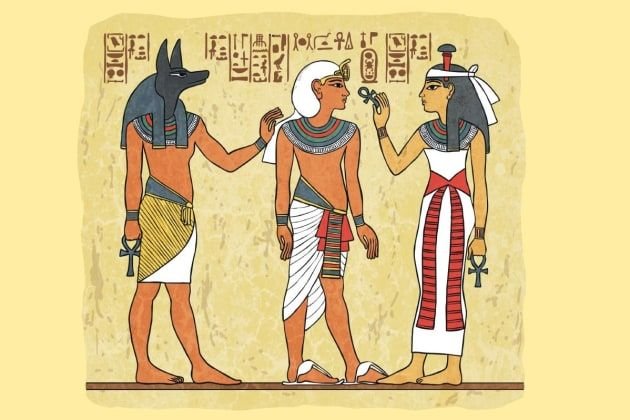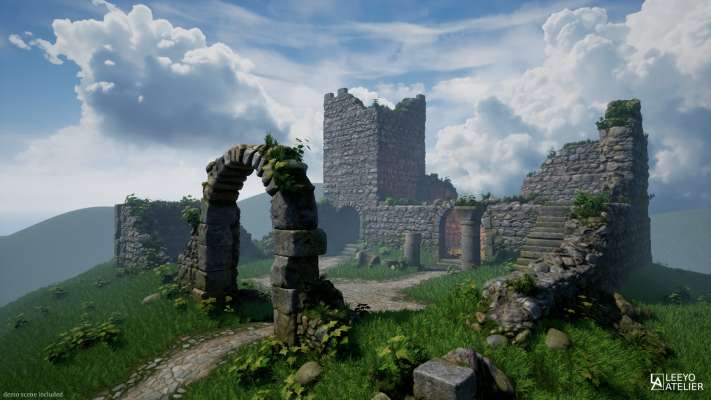
Ancient Egypt.
Ancient Egypt is a captivating civilization that flourished along the banks of the Nile River for thousands of years. Its rich history, iconic landmarks, and cultural achievements continue to fascinate people worldwide. In this blog, we'll delve into the intriguing world of ancient Egypt.
Introduction
Ancient Egypt, often referred to as the "Gift of the Nile," is one of the world's most captivating and enduring civilizations. Spanning over 3,000 years, from roughly 3100 BCE to 30 BCE, this remarkable civilization left an indelible mark on history. From its iconic pyramids to its complex religious beliefs and hieroglyphic writing system, the legacy of ancient Egypt continues to captivate and inspire us today.
The Gift of the Nile
The Nile River was the lifeblood of ancient Egypt. Its annual flooding provided fertile soil, allowing the Egyptians to develop agriculture and sustain a growing population. The Nile also served as a natural highway for trade and transportation, connecting Upper and Lower Egypt.
Pharaohs and Dynasties
At the heart of ancient Egypt's political and religious system was the Pharaoh, believed to be a divine ruler with absolute authority. Egypt was ruled by a succession of dynasties, each with its own line of Pharaohs. Notable dynasties include the Old Kingdom, Middle Kingdom, and New Kingdom, each marked by distinct cultural achievements and periods of expansion.
The Pyramids: Architectural Marvels
The iconic pyramids of Egypt are some of the most recognizable structures in the world. Built as tombs for Pharaohs and filled with treasures for the afterlife, these monumental structures are a testament to the advanced engineering and architectural skills of ancient Egyptians. The Great Pyramid of Giza, built for Pharaoh Khufu, remains one of the Seven Wonders of the Ancient World.
Hieroglyphs: The Written Language of the Gods
Hieroglyphs, a system of pictorial writing, were central to Egyptian culture. These intricate symbols were used not only for religious texts and monumental inscriptions but also for everyday communication. Hieroglyphs provided a window into the beliefs, history, and daily life of ancient Egyptians.
Religion and Mythology
Religion played a crucial role in Egyptian society. They believed in a pantheon of gods and goddesses, each associated with various aspects of life and nature. The most famous of these deities include Ra, the sun god, and Isis, the goddess of magic and motherhood. The concept of the afterlife was central to their beliefs, leading to elaborate burial practices and the construction of tombs filled with treasures.
Conclusion
The allure of ancient Egypt lies in its rich history, stunning architecture, and enduring cultural legacy. Exploring this civilization offers a glimpse into the marvels of human achievement that have inspired generations.
Comment
Yahia Abdelmouhsin Nouri
I like it Ancient Egypt is a captivating civilization that continues to fascinate people worldwide. The legacy of ancient Egypt continues to inspire us today. Its rich history and cultural achievements offer a glimpse into the marvels of human achievement
Serine Traikia
Wow! Your blog was very nice
Meriem Arezki
"Wow, your blog post on the ancient Egyptian civilization is nothing short of captivating! Your in-depth explanations and the way you've brought the mysteries of Egypt's history to life are truly remarkable. Thank you for sharing such an enlightening and well-researched piece. I can't wait to read more from you!" Let me add a small information ;) In Egypt, you can find a fascinating ancient calendar known as the "Nilometer." This historical device was used to measure the water levels of the Nile River, which were crucial for predicting the success of the annual flooding and, consequently, the country's agricultural fortunes. It's a testament to the importance of the Nile to Egypt's civilization throughout its history.















